Aussies stuck abroad hit out over international flight caps: ‘Living on beach eating out of trash cans’
Australians stuck abroad are finding themselves in increasingly desperate situations including the stepfather of a Bali bombings victim.
Coronavirus
Don't miss out on the headlines from Coronavirus. Followed categories will be added to My News.
Exclusive: An Australian father who found his stepson’s body after he was killed in the Bali bombings has been “living on a beach eating out of trash cans” while stuck overseas and deemed ineligible for financial assistance to get home.
Phillip Burchett – whose stepson Jared Gane, 27, died in the Paddy’s Pub blast in 2002 – said he is desperate to return to Australia from Indonesia with his two young children and their mother but that the federal government has instead “left us here to die”.
National cabinet’s decision to halve the international arrivals cap to combat the spread of Covid-19 has come as a blow to tens of thousands of Australians stranded overseas already dealing with exorbitant airfares, cancelled flights, limited repatriation options, dwindling savings, and months of torturous uncertainty.
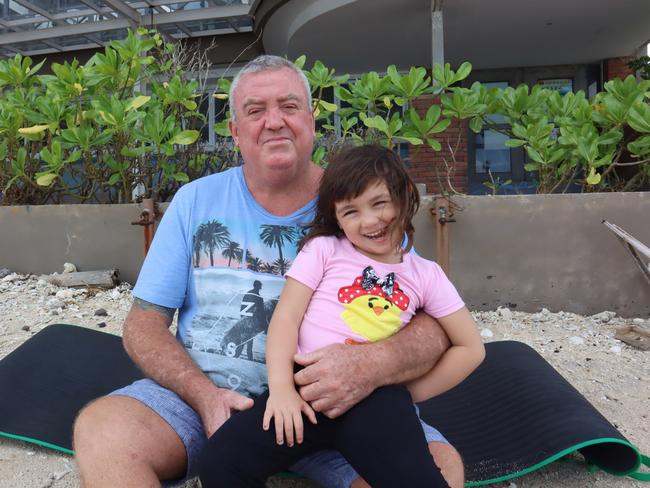
Mr Burchett, 58, lost his job working as an executive chef in Bali when Covid hit and soon became homeless with his four-year-old daughter because he could no longer afford rent, the soaring cost of flights, or mandatory hotel quarantine in Australia.
“We were living on a beach eating out of trash cans (at the start of this year),” Mr Burchett said.
“No shower, no food, we had to beg from restaurants and shops for things to eat.”
He is now staying for free in a room with six people – including his daughter, who he shares a mattress with on the floor, he said.
His two-year-old son is living nearby with his mother. Both of Mr Burchett’s children are Indonesian citizens.
Mr Burchett has repeatedly been refused financial assistance from the federal government for “people unable to return to Australia due to Covid-19” because he “does not meet mandatory eligibility requirements”, according to a letter sent to him from The Department of Foreign Affairs and Trade (DFAT) in November last year.
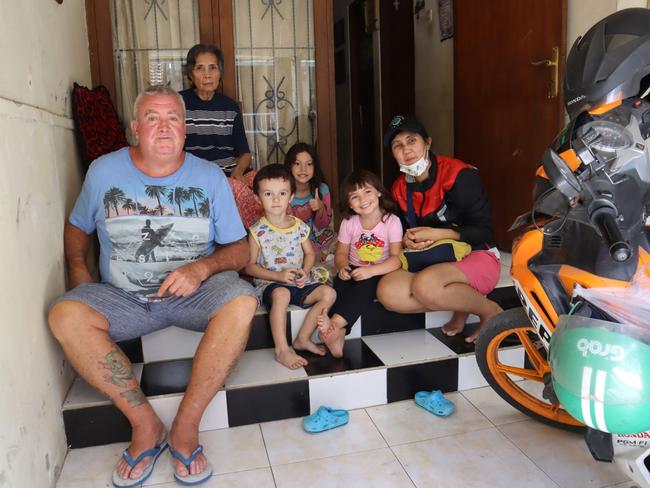
Indonesia has reported more than 20,000 new coronavirus cases per day since the beginning of July with hospitals already beyond capacity and oxygen supplies running out.
“There are no jobs here for foreigners or locals,” Mr Burchett, from Melbourne, said.
“I have been offered no financial help or assistance from the Australian government or consulate.”
Mr Burchett said he has sold everything he owns to survive during the pandemic and now has “nothing left”.
“I am stranded in Bali,” he added.
Unable to book a flight home, Mr Burchett said he was arrested in February by Indonesian authorities for overstaying his visa and jailed for three weeks until a friend paid to extend his permit.
“I just want to go to Australia where I can get work, make my kids happy and keep them safe,” he said.
“I’m not losing any more kids to this country.”
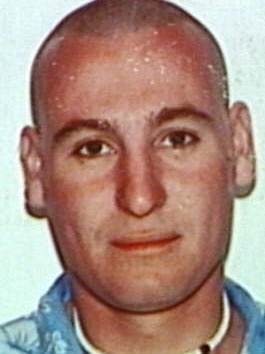
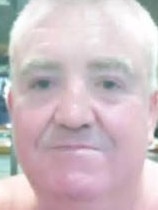
Mr Burchett’s stepson was one of 202 people – including 88 Australians – killed in the Bali bombings almost two decades ago.
Mr Burchett rushed from his home on the Gold Coast to Bali when he learned that Gane, the man he “raised from a little boy”, was missing.
He spent a week going from one hospital to another and looked through “170 body bags” until he finally found him.
“The mistreatment of our kids’ bodies was disgusting – they were in bags in the sun and piled up in rooms like garbage with soldiers and police taking things off their bodies,” Mr Burchett said.
At least 34,000 Australians have registered with DFAT as being stuck overseas and wanting to return to Australia.
The so-called “passenger cap” on international arrivals into Australia means the weekly state and territory intake has been reduced from the previous cap of 6370 – which included an extra 300 spots for vulnerable people to return via Brisbane – to 3070, and came into effect on July 14.
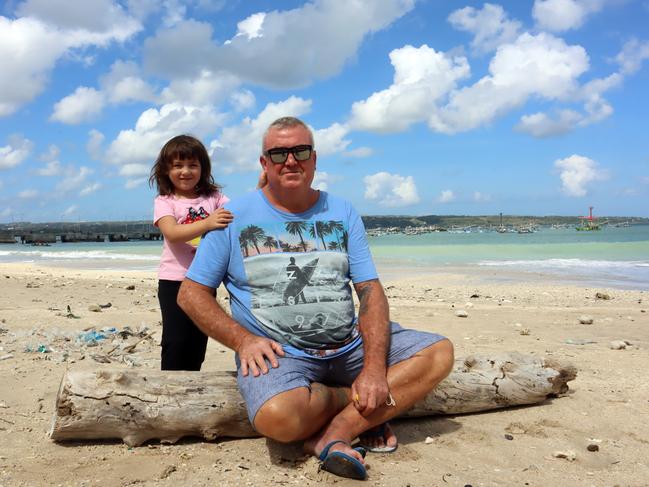
While the flight cap is due to be reviewed by August 31, Prime Minister Scott Morrison has indicated it would stay in place until at least the end of the year.
When announcing the decrease in numbers arriving into Australia, Mr Morrison said the government planned to partly offset the cuts by increasing repatriation flights and the number of people quarantining at Howard Springs in the Northern Territory.
“So where we will lose some capacity for inbound flights of those coming back through commercial flights, the commonwealth will directly seek to mitigate that by upping, wherever possible, those commercially facilitated flights that the commonwealth is pursuing,” he said.
Australian Jacque Rodd said she has been stuck in the Caribbean for more than a year.
“Many Australians have to become jobless and homeless in order to travel to a location where securing a repat flight is their only choice,” she added.
“This will be me on the 20th July. I don’t have a choice if I want to get home.
“I haven’t seen (my husband) in two years, I was only supposed to be gone for four months.
“Many of us (Australians stuck overseas) are vaccinated (and) forced to take a PCR test before we travel, and yet, we are the ones treated like pariahs.”
More Coverage
Originally published as Aussies stuck abroad hit out over international flight caps: ‘Living on beach eating out of trash cans’




